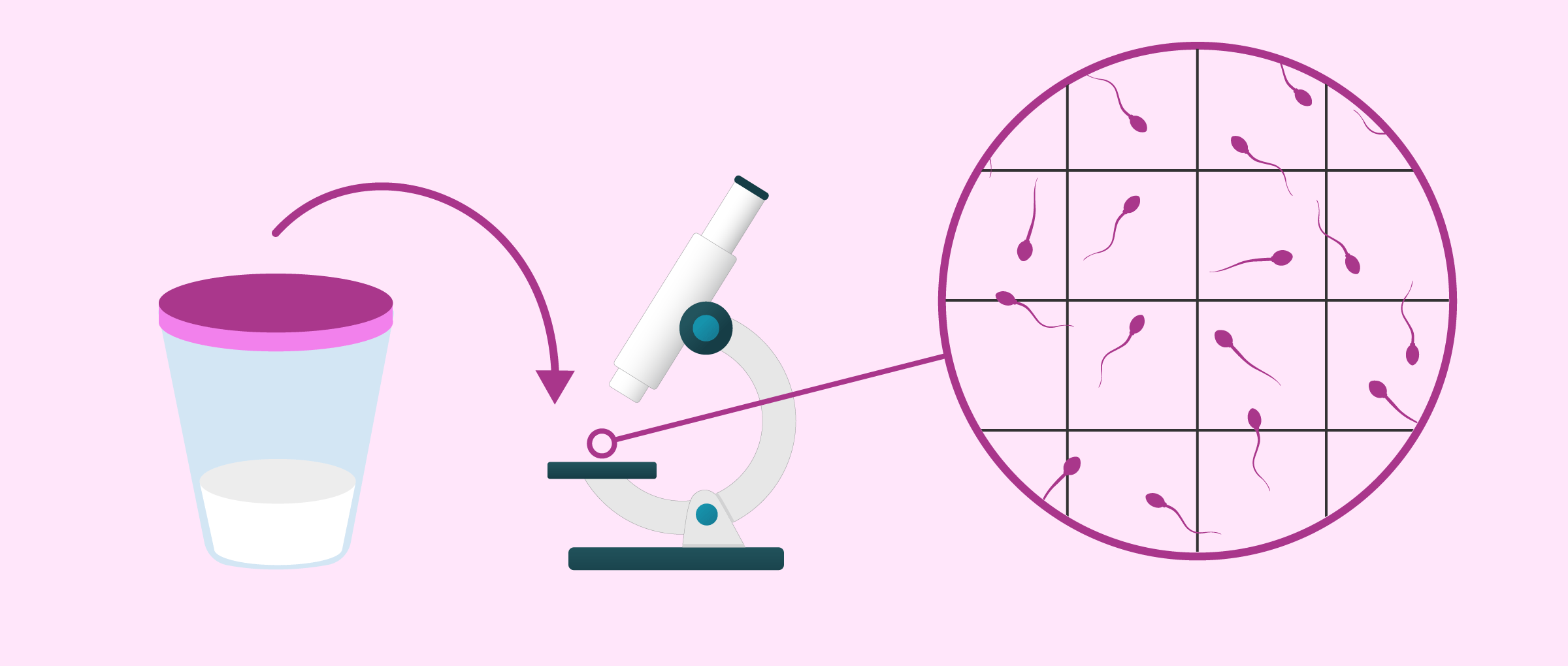Sexual Disorders
Erectile Dysfunction
Erectile dysfunction (impotence) is the inability to get and keep an erection firm enough for sex. Having erection trouble from time to time isn't necessarily a cause for concern. If erectile dysfunction is an ongoing issue, however, it can cause stress, affect your self-confidence and contribute to relationship problems. Problems getting or keeping an erection canalso be a sign of an underlying health condition that needs treatment and a risk factor for heart disease.

Oligospermia
Terms oligospermia, oligozoospermia, and low sperm count refer to semen with a low concentration of sperm and is a common finding in male infertility. Often semen with a decreased sperm concentration may also show significant abnormalities in sperm morphology and motility (technically oligoasthenoteratozoospermia). There has been interest in replacing the descriptive terms used in semenanalysis with more quantitative information

Premature Ejaculation
Premature ejaculation occurs when a man ejaculates sooner during sexual intercourse than he or his partner would like. Premature ejaculation is a common sexual complaint. Estimates vary, but as many as 1 out of 3 men say they experience this problem at some time. As long as it happens infrequently, it's not cause for concern. However, you might be diagnosed with premature ejaculation if you: Always or nearly always ejaculate within one minute of penetration. Are unable to delay ejaculation during intercourse all or nearly all of the time. Feel distressed and frustrated, and tend to avoid sexual intimacy as a result Both psychological and biological factors can play a role in premature ejaculation. Although many men feel embarrassed talking about it, premature ejaculation is a common and treatable condition. Medications, counseling and sexual techniques that delay ejaculation —or a combination of these — can help improve sex for you and your partner.
